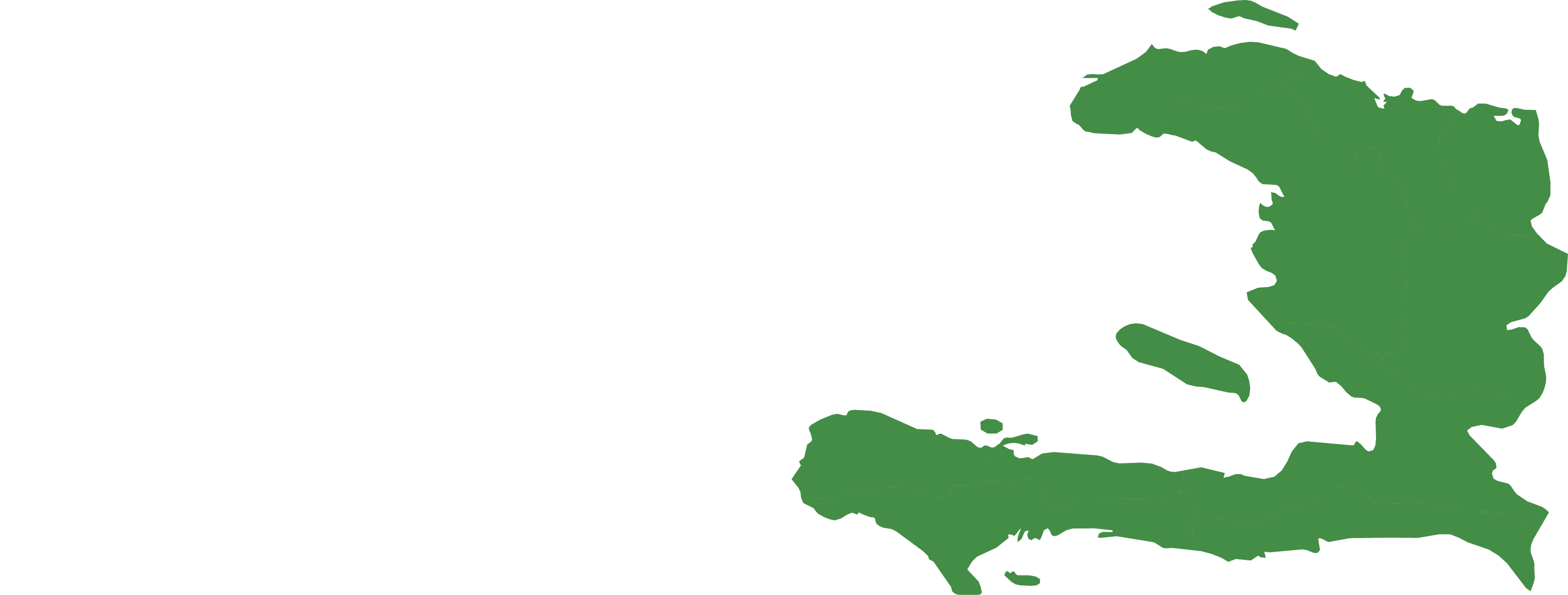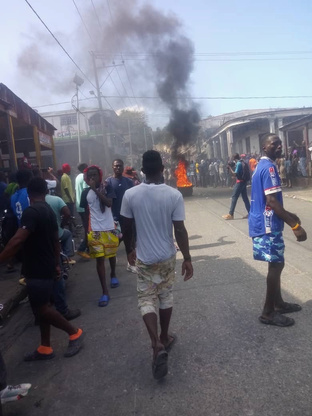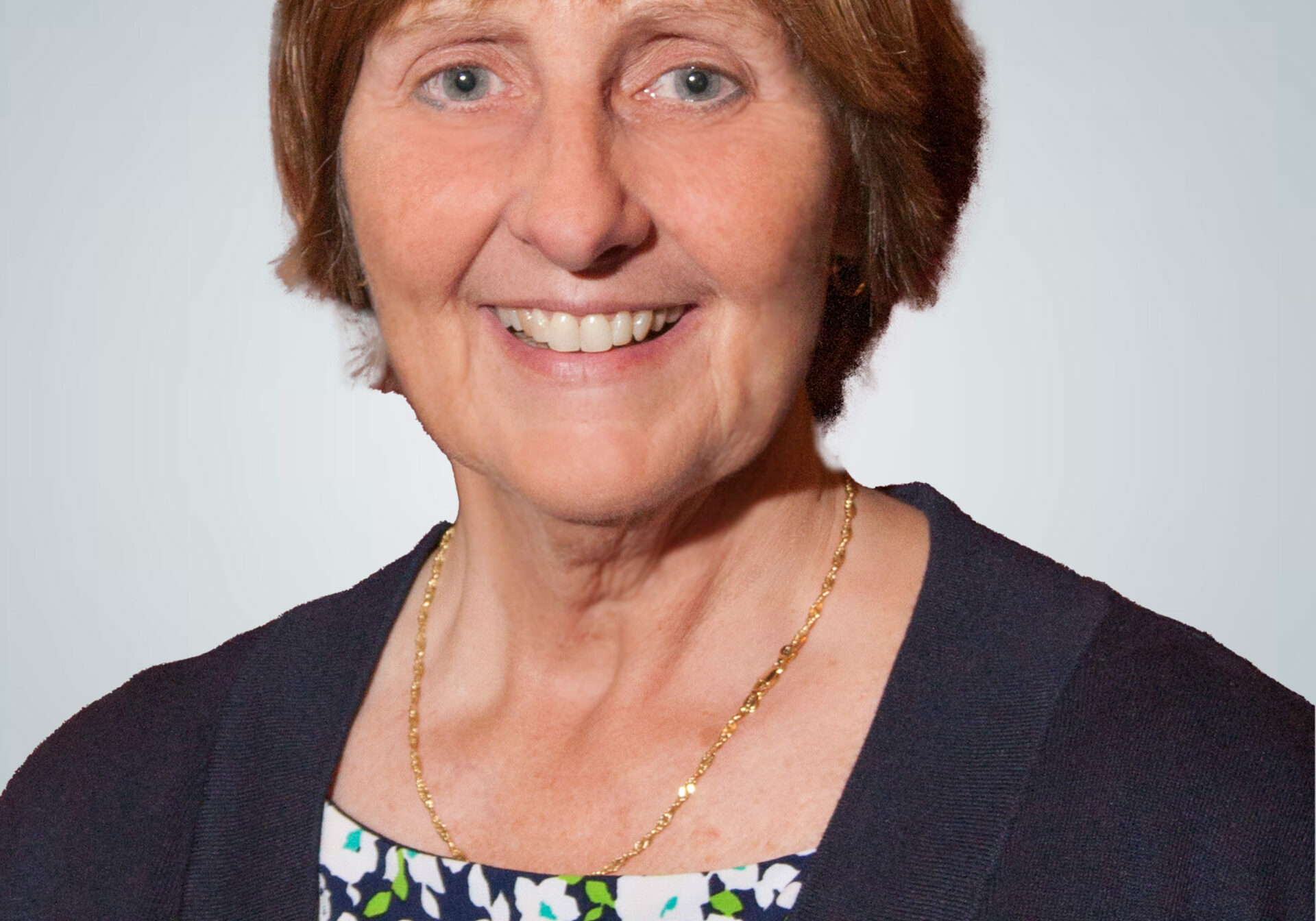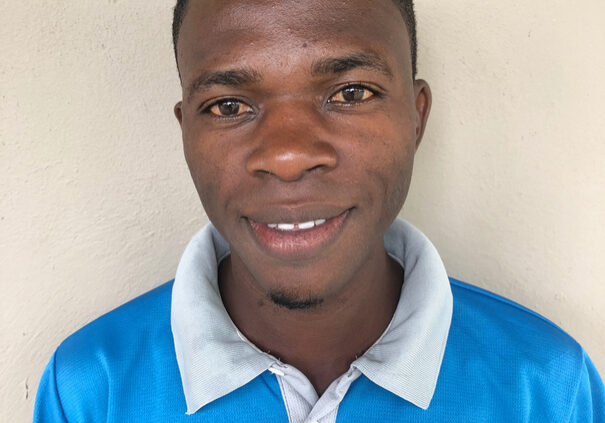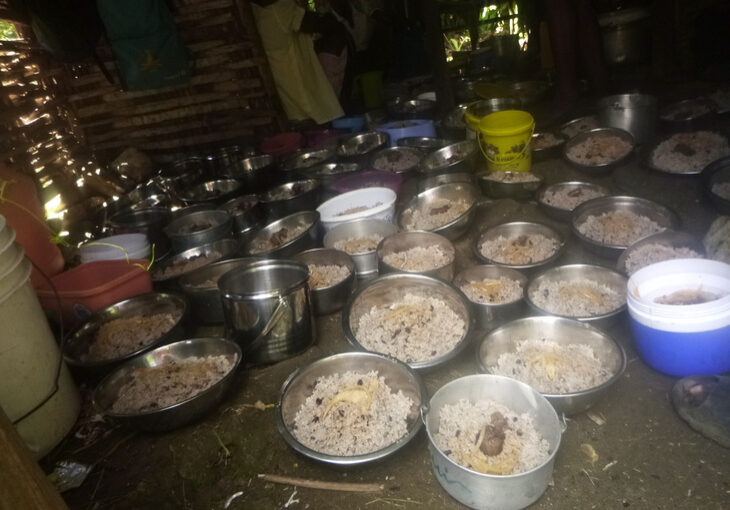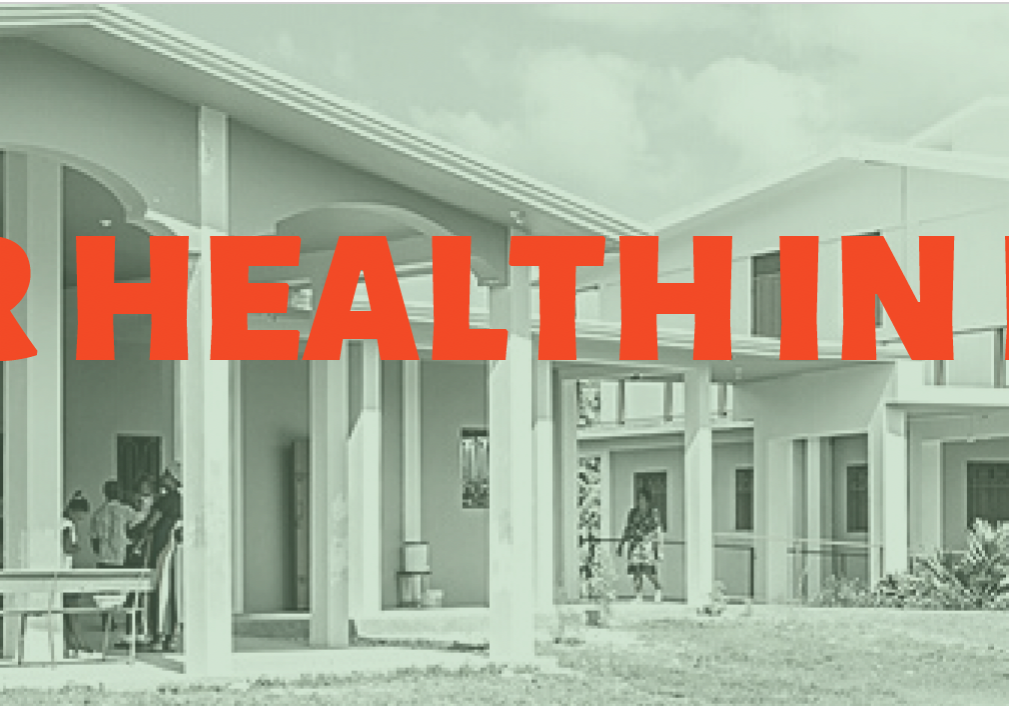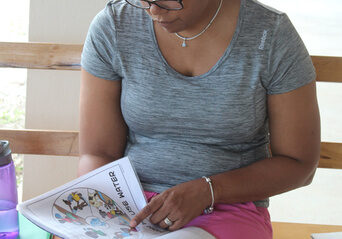Winter 2024
The present state of insecurity, gang violence and lack of government’s ability to function has been building in Haiti over the course of many years. It was exacerbated by the assassination of President Jovenel Moise in July 2021. Since that time, Prime Minister Ariel Henry, who was appointed by Moise before his death, rules by decree.
According to its constitution, Haiti is governed by a President who is elected by the people for a five-year term. The President appoints a prime minister who is ratified by Parliament which consists of a 30 member Senate and 119 member Chamber of Deputies. When he/she doesn’t govern well, the President removes them and replaces them with another prime minister, upon approval of Parliament.
President Jovenel Moise was elected by the people of Haiti in 2015 but the election was fraught with problems so another election was held in 2016 and Moise won that as well, in spite of low turnout. His presidency was marred by accusations of corruption and gang alliances, leading to protests in the streets of Port-au-Prince calling for his departure. In mid-2018 some of these protests spread to the rural areas such as Jérémie, leading to roadblocks and burning tires but the protests were usually short-lived and didn’t significantly impact our work. In early March 2020, the US State Department designated Haiti as a Level 4 Security Level, advising Americans not to travel here due to political instability. That level has persisted up to the present time, with additional warnings against travel due to kidnapping and gang violence. (As a result of the Level 4, we have not had any visitors to our clinic since March 2020).
The present state of insecurity, gang violence and lack of government’s ability to function has been building in Haiti over the course of many years. It was exacerbated by the assassination of President Jovenel Moise in July 2021. Since that time, Prime Minister Ariel Henry, who was appointed by Moise before his death, rules by decree.
According to its constitution, Haiti is governed by a President who is elected by the people for a five-year term. The President appoints a prime minister who is ratified by Parliament which consists of a 30 member Senate and 119 member Chamber of Deputies. When he/she doesn’t govern well, the President removes them and replaces them with another prime minister, upon approval of Parliament.
President Jovenel Moise was elected by the people of Haiti in 2015 but the election was fraught with problems so another election was held in 2016 and Moise won that as well, in spite of low turnout. His presidency was marred by accusations of corruption and gang alliances, leading to protests in the streets of Port-au-Prince calling for his departure. In mid-2018 some of these protests spread to the rural areas such as Jérémie, leading to roadblocks and burning tires but the protests were usually short-lived and didn’t significantly impact our work. In early March 2020, the US State Department designated Haiti as a Level 4 Security Level, advising Americans not to travel here due to political instability. That level has persisted up to the present time, with additional warnings against travel due to kidnapping and gang violence. (As a result of the Level 4, we have not had any visitors to our clinic since March 2020).
The terms for most lawmakers expired in early 2020 because parliamentary and local elections were canceled in 2019. Moise replaced the prime minister frequently during his time in office but after 2020, there was no functioning Parliament so his appointees were unable to obtain parliamentary approval in keeping with the constitution. Thus, when he appointed Ariel Henry as prime minister prior to his assassination, it was through a decree published in the official state newspaper. After the assassination, the international community recognized Ariel Henry as the defacto leader of Haiti. In December 2022, he along with representatives from the political parties, civil society organizations and private sector signed an agreement to hold general elections in 2023 with a new government taking office in February 2024. Due to increasing gang activity, which most people think is due to support from the wealthy elite and politicians, and weakening of the Provisional Electoral Council (CEP), elections have never taken place. The increasing insecurity, gang violence and paralysis of transportation and basic functioning have brought frustration and despair to the Haitian people.
When former police chief and paramilitary leader Guy Philippe returned to Haiti in November 2023 after serving a 6 year prison term in the US for drug charges, he was welcomed as a savior by the people. His calls for a popular revolution reverberated throughout the country and caused people to take to the streets to demonstrate against Ariel Henry and the present government. The protests began in mid-January 2024 in every town and city in Haiti. Protestors have totally shut down multiple streets coming in and out of Jérémie
for the past several weeks, making it impossible for us to travel up and down the mountain to reach our clinic in Gatineau. The protests quieted down recently, but Ariel Henry has refused to step down and let a transition government take over so we expect the situation to become worse again in the coming days and weeks. Henry is waiting for a multinational military force to come to Haiti, led by Kenya, to assist the Haitian police as they fight the gangs (who now control 80% of the capital of Port-au-Prince) and restore order to the country but most people here do not want the outside help (because it supports Henry). What they want is for the international community to convince Ariel Henry to step away and let Guy Philippe and his followers decide the future of their country. It’s a complicated situation and we anxiously await the next steps.
Cherlie and I have remained in Haiti since we feel relatively safe at our home and at the clinic, when we are able to travel there. We consider it fortunate that we’ve been able to make some progress in our community development programs, thanks to our Community Coordinators, who you’ll meet below.
Gemi
Baptiste
Community Coordinator
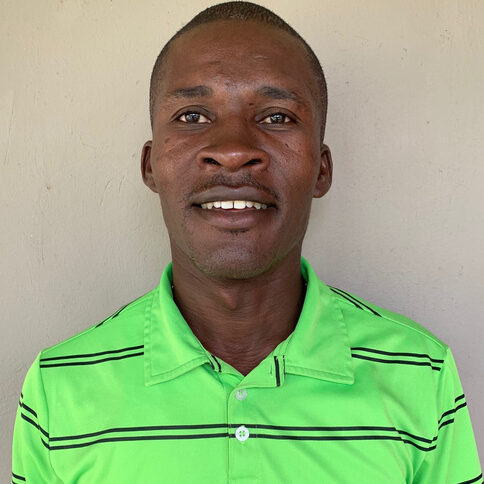
Wilton
Charles
Assistant
Community Coordinator
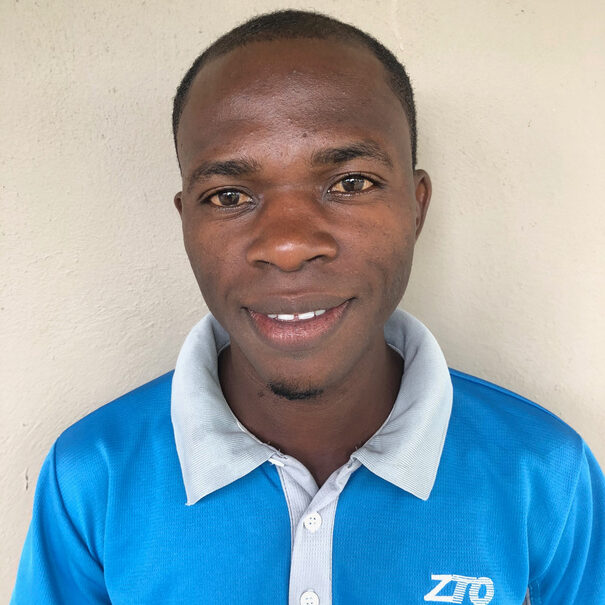
More Newsletter Content

2024 Annual Banquet
Saturday, April 20
The Wisconsin Club
Milwaukee, WI
